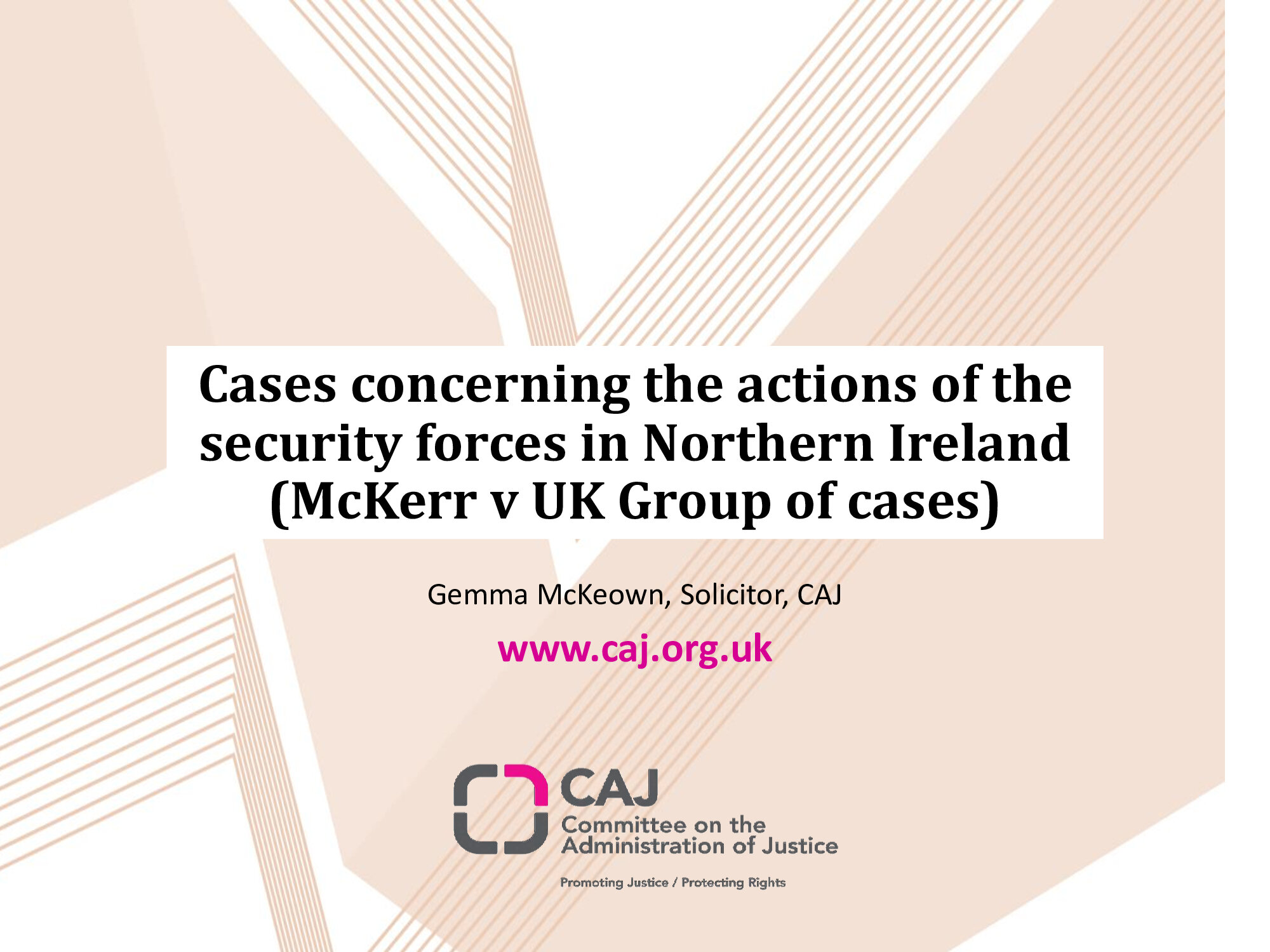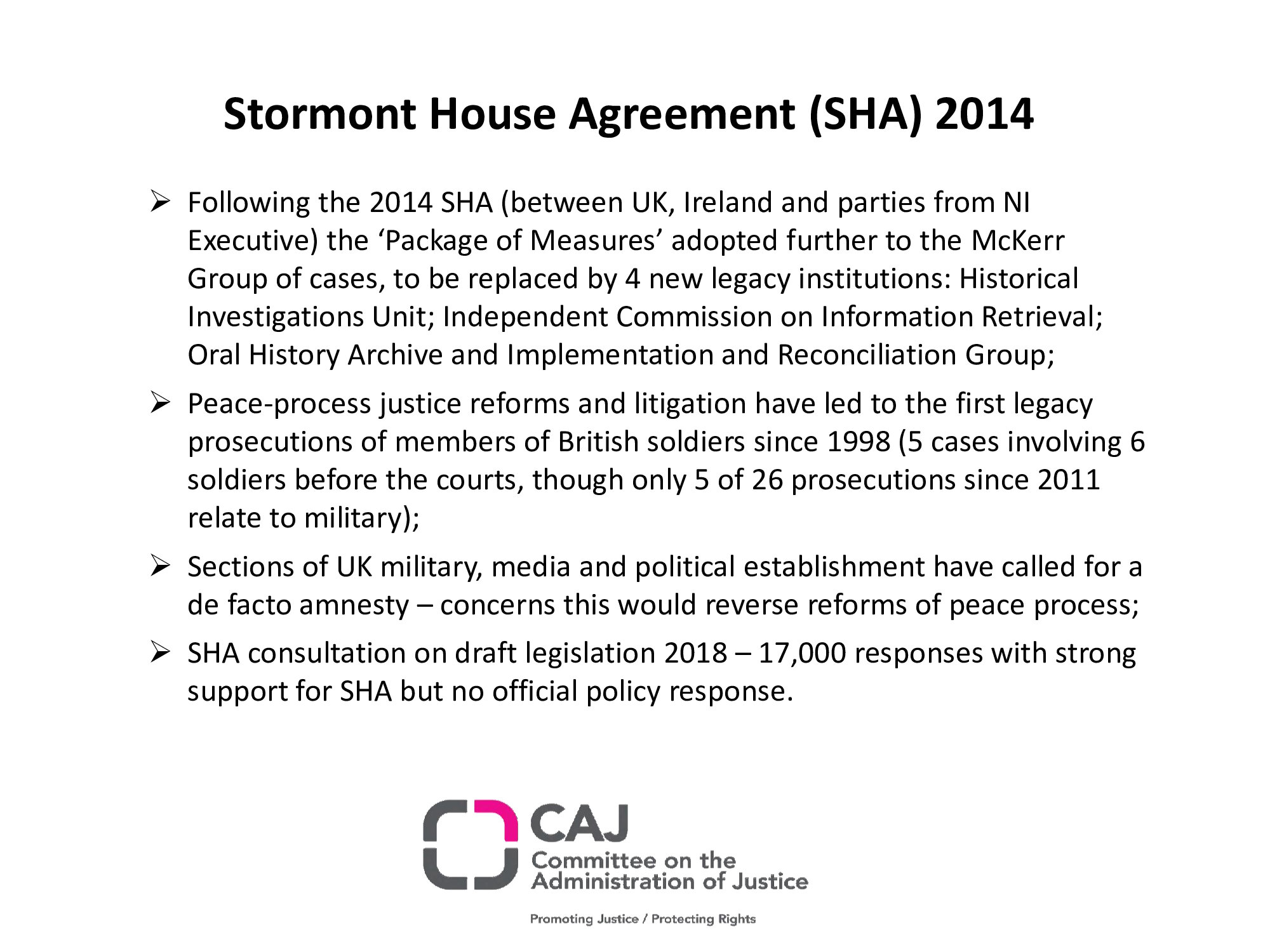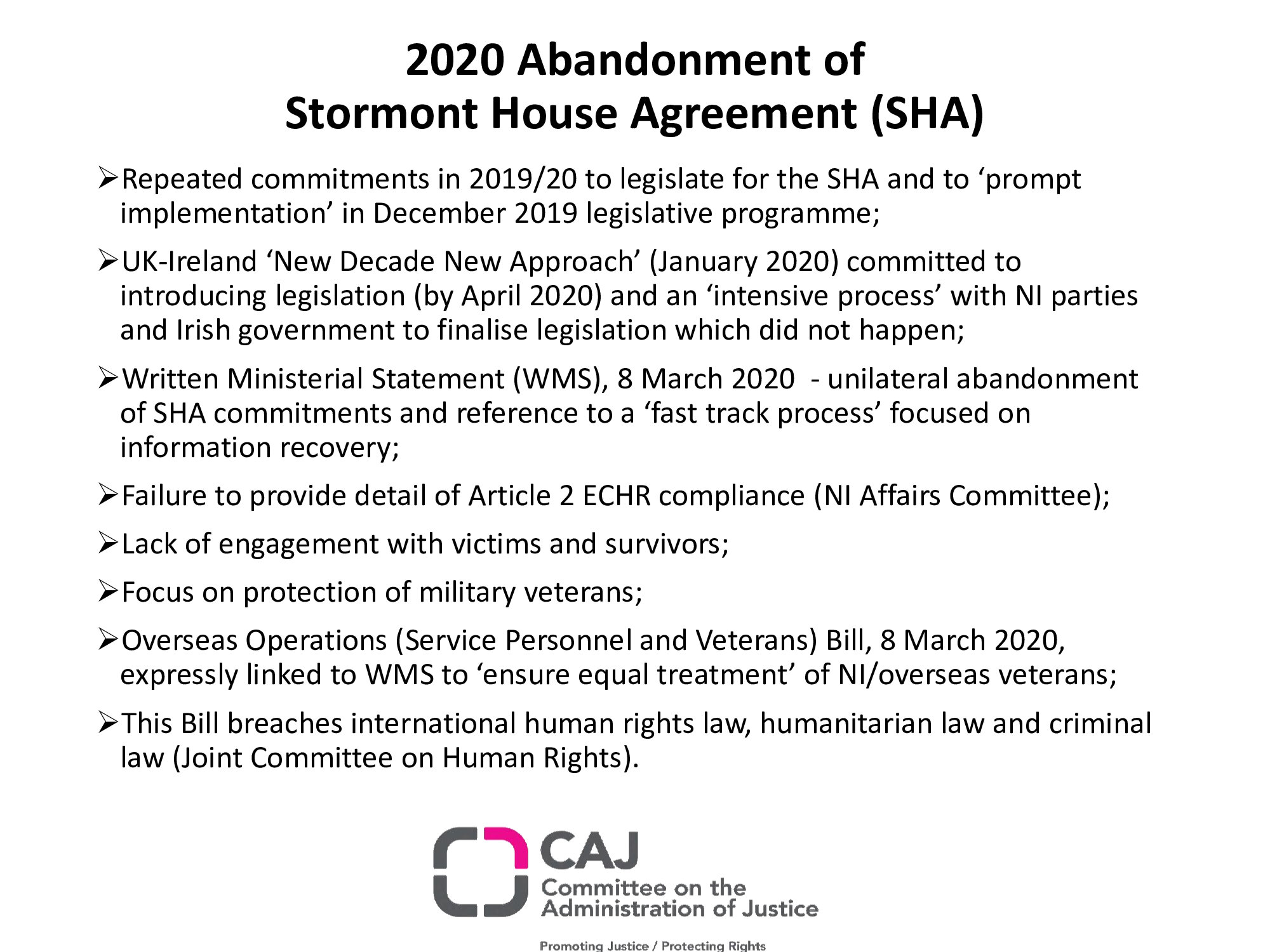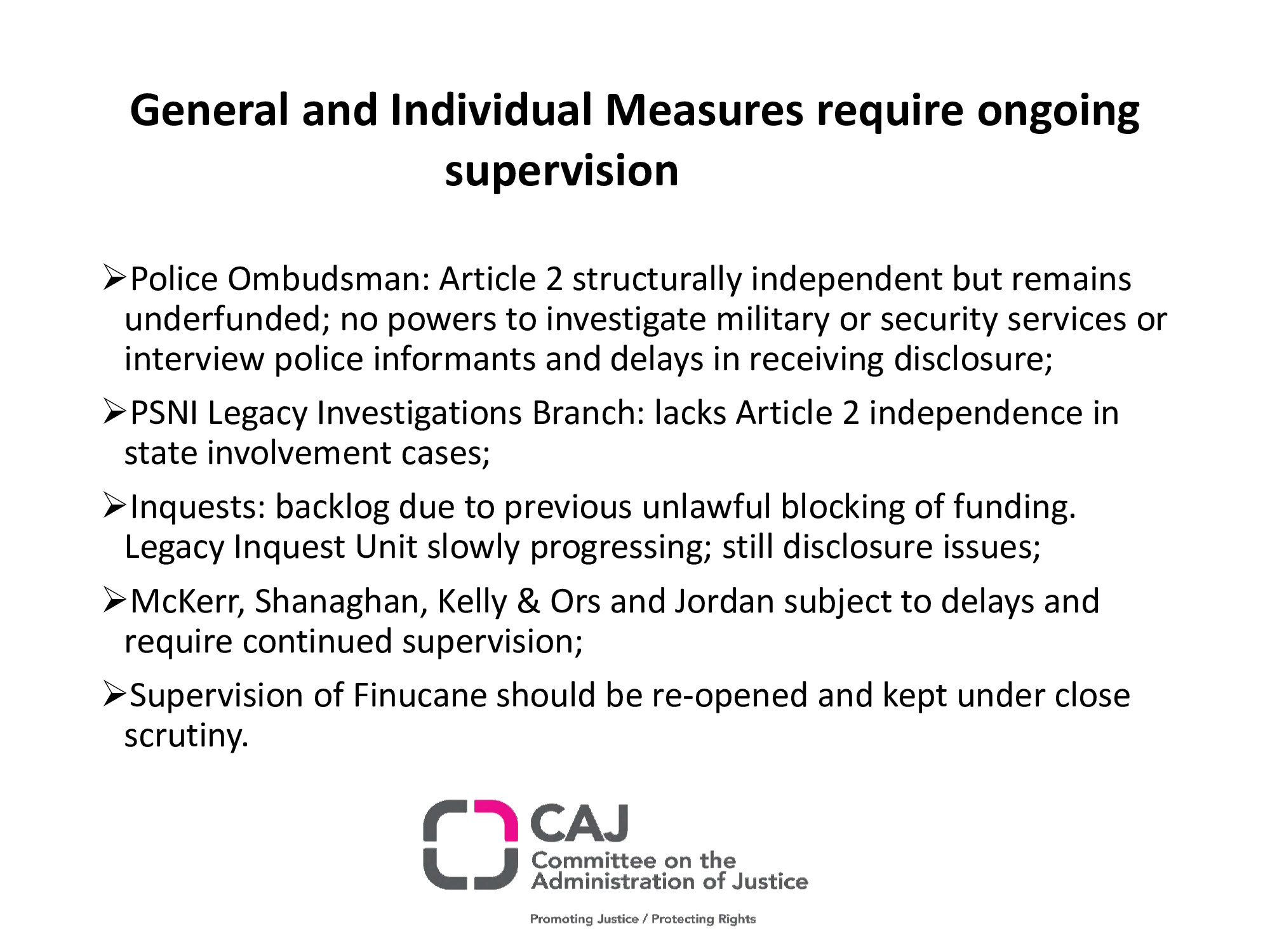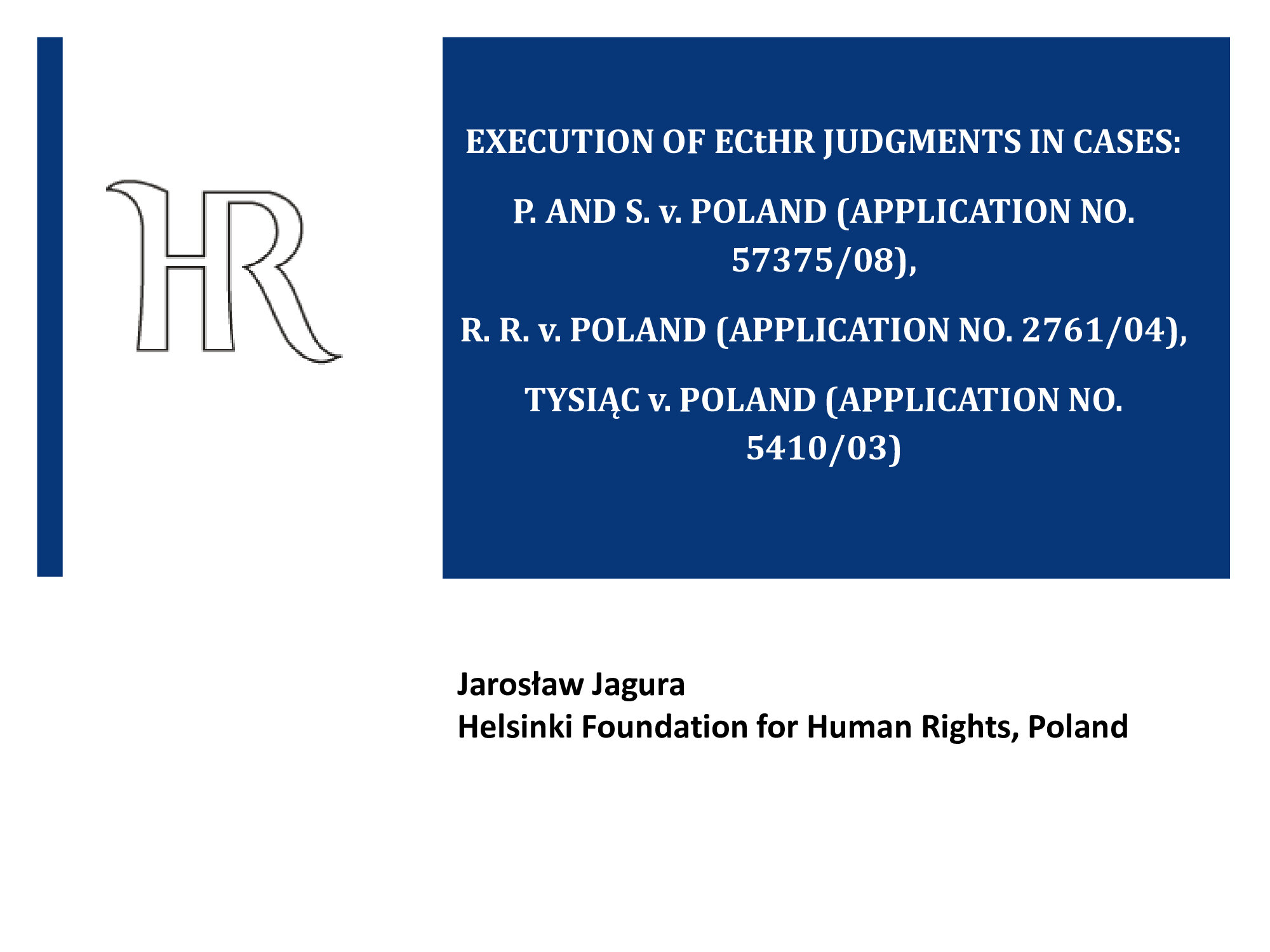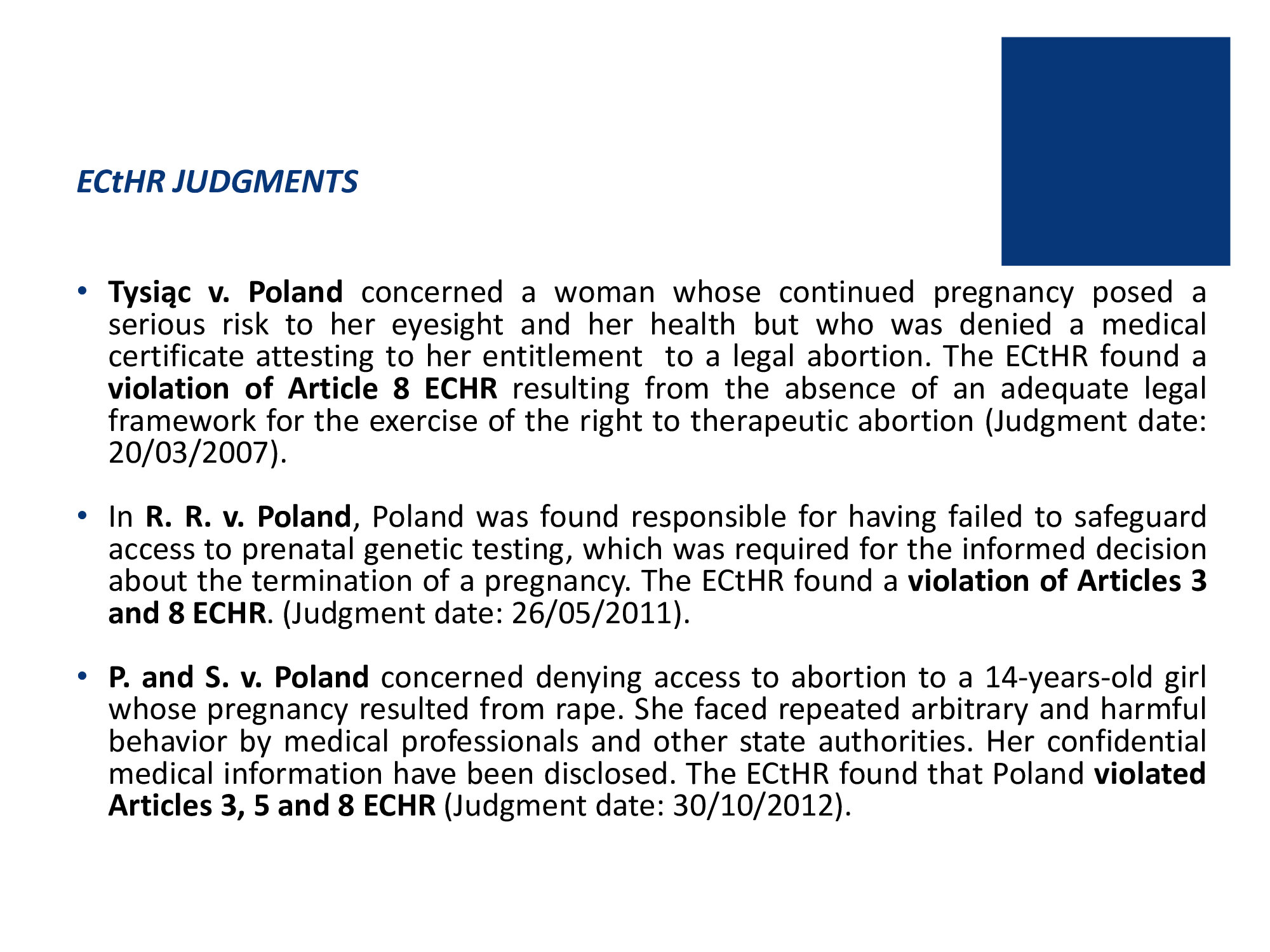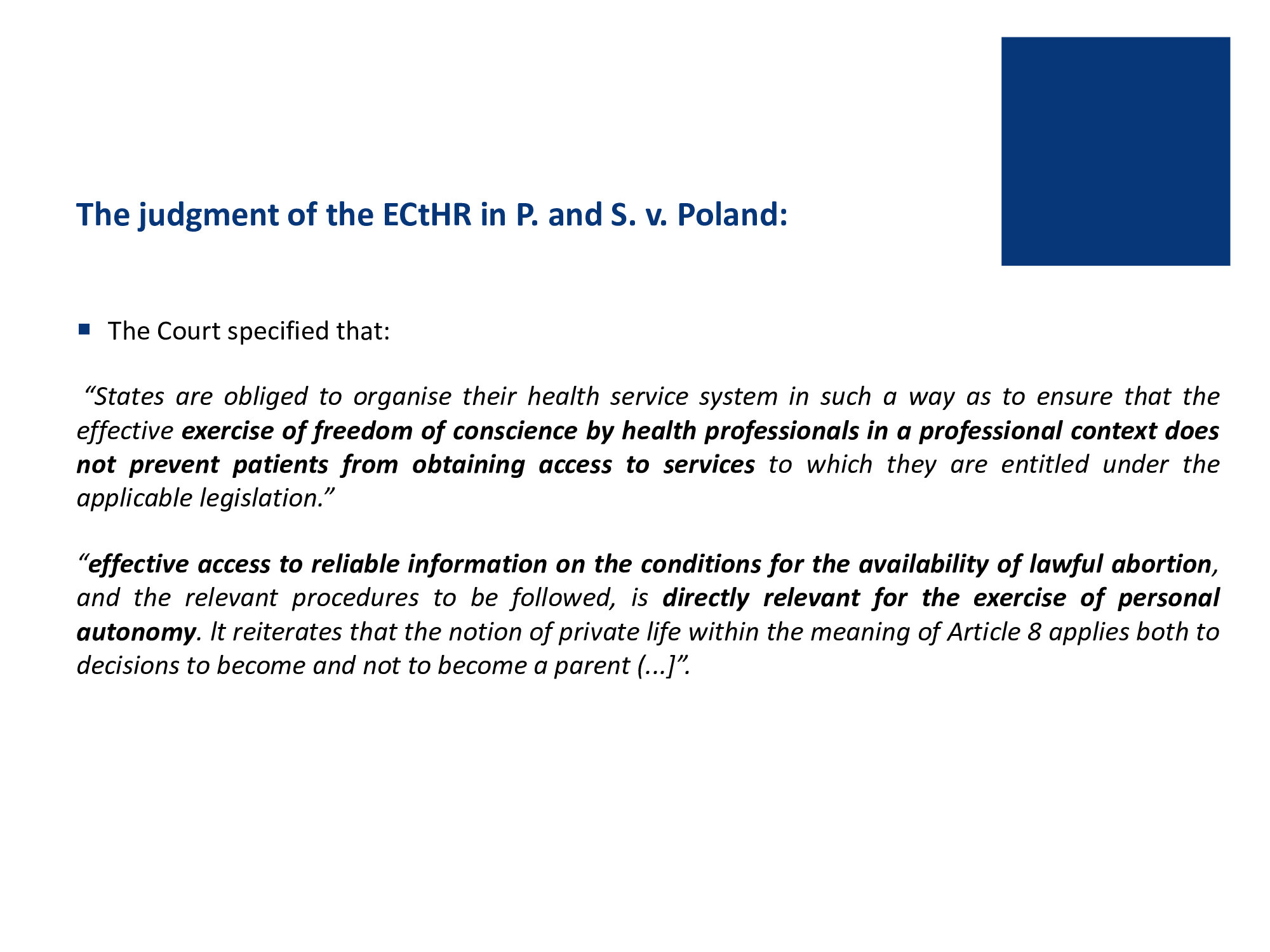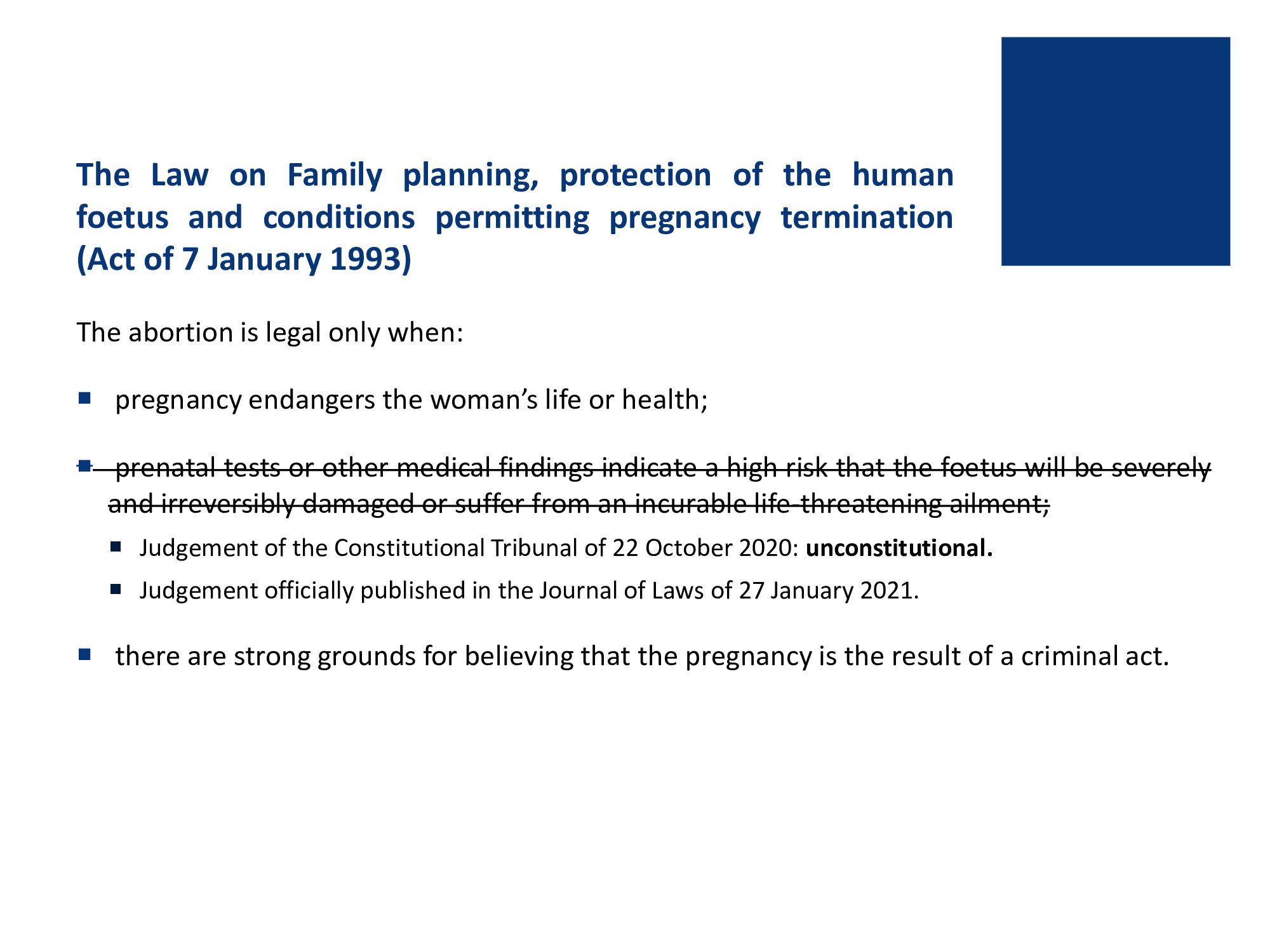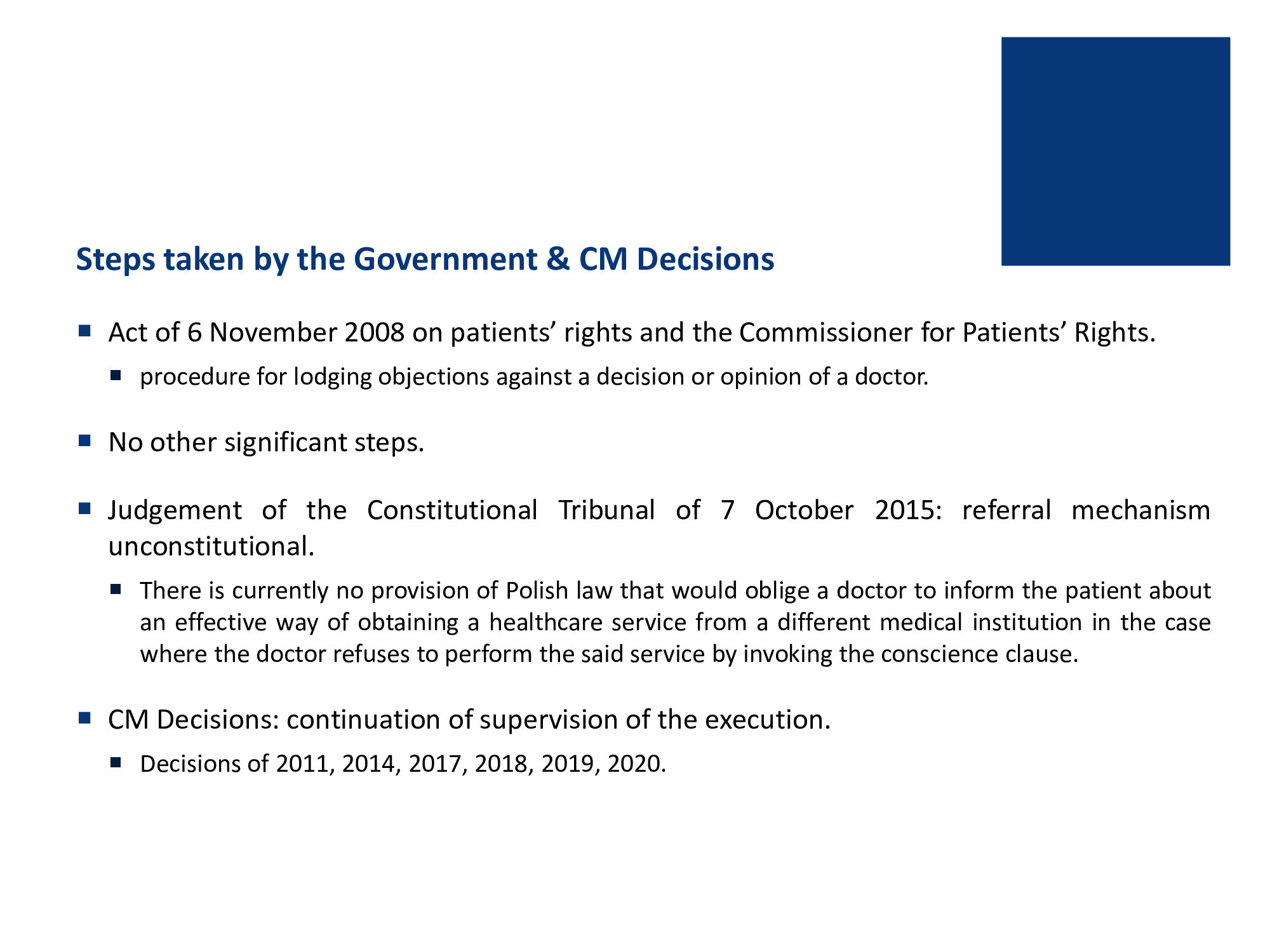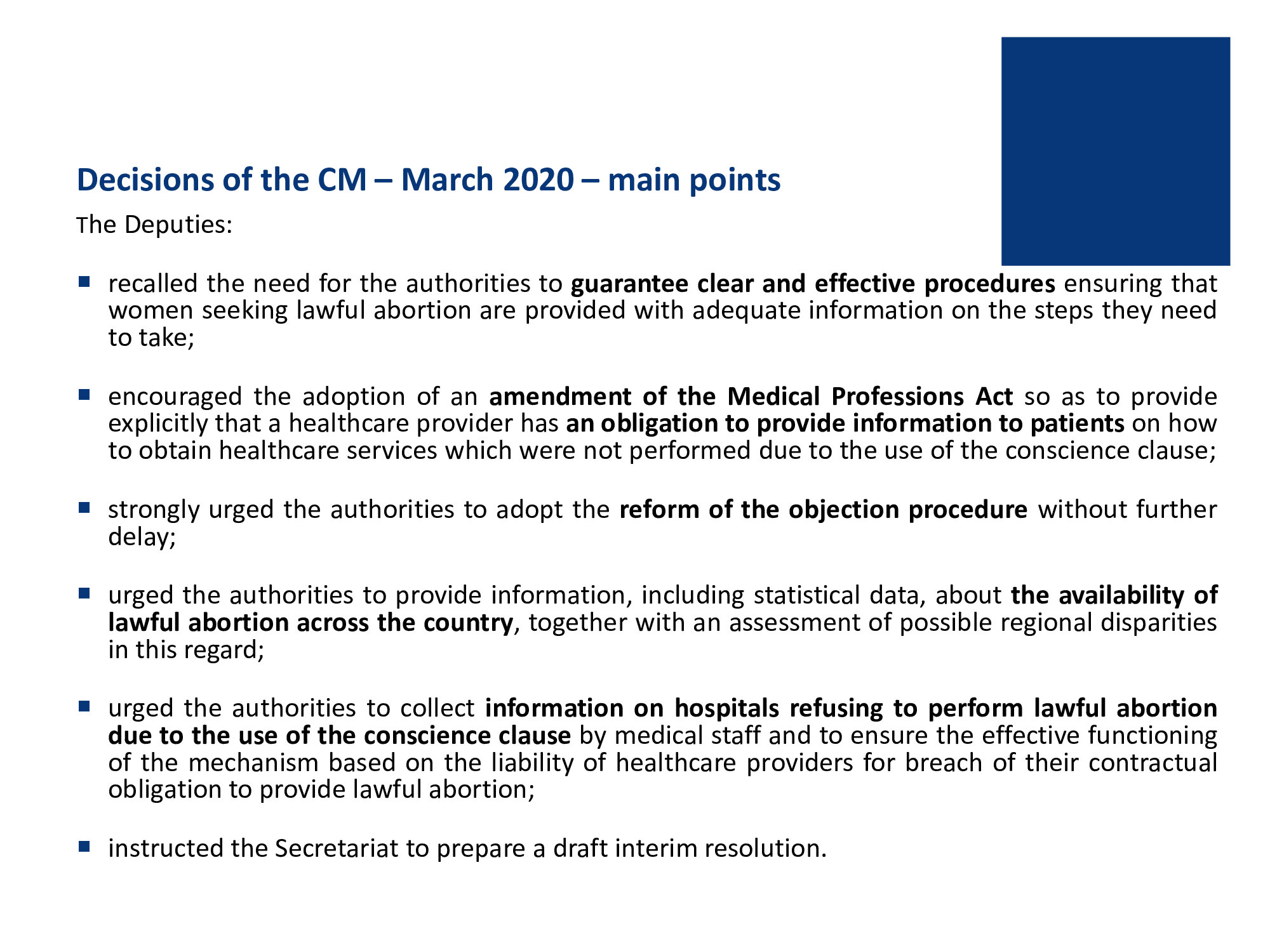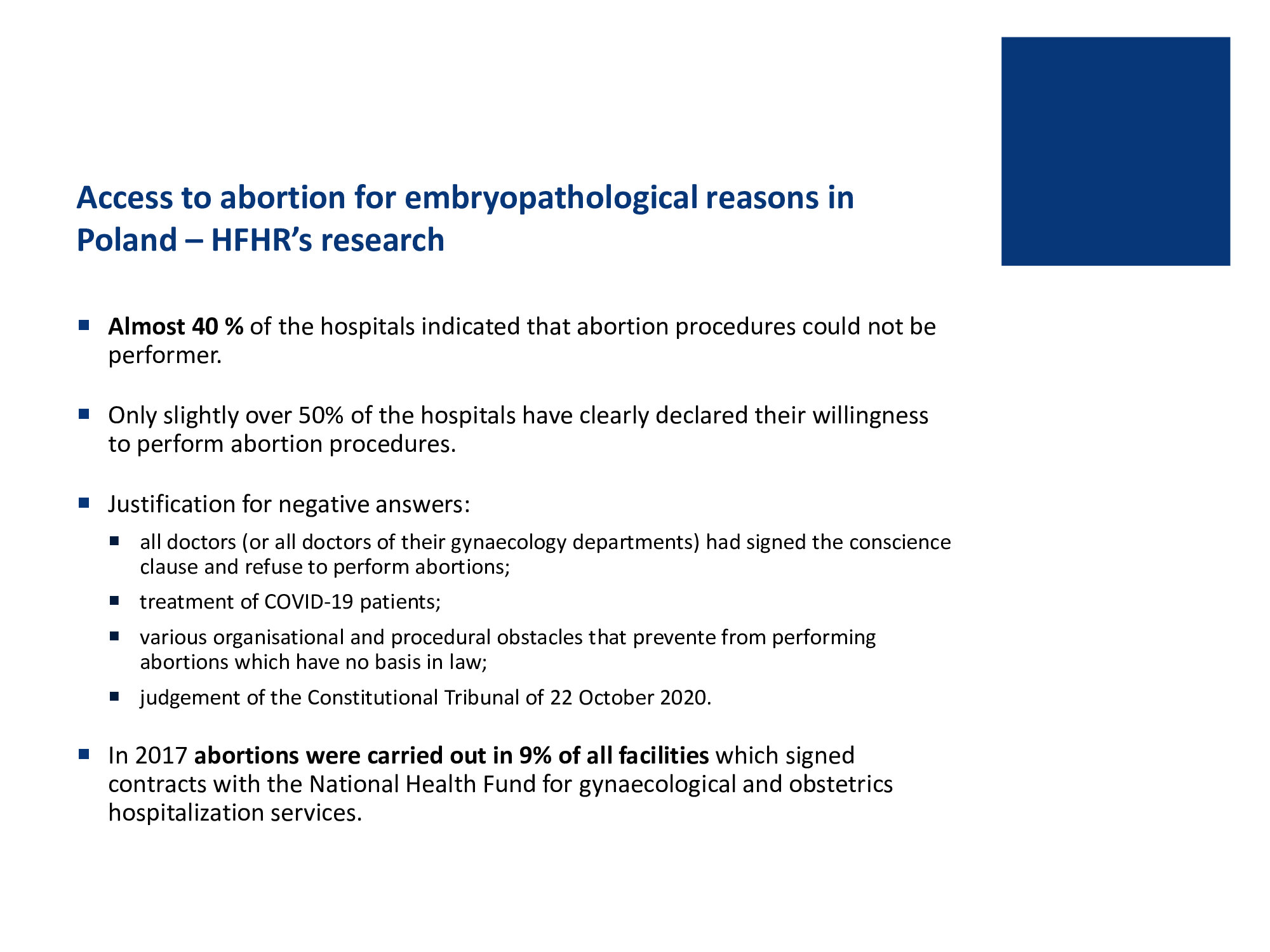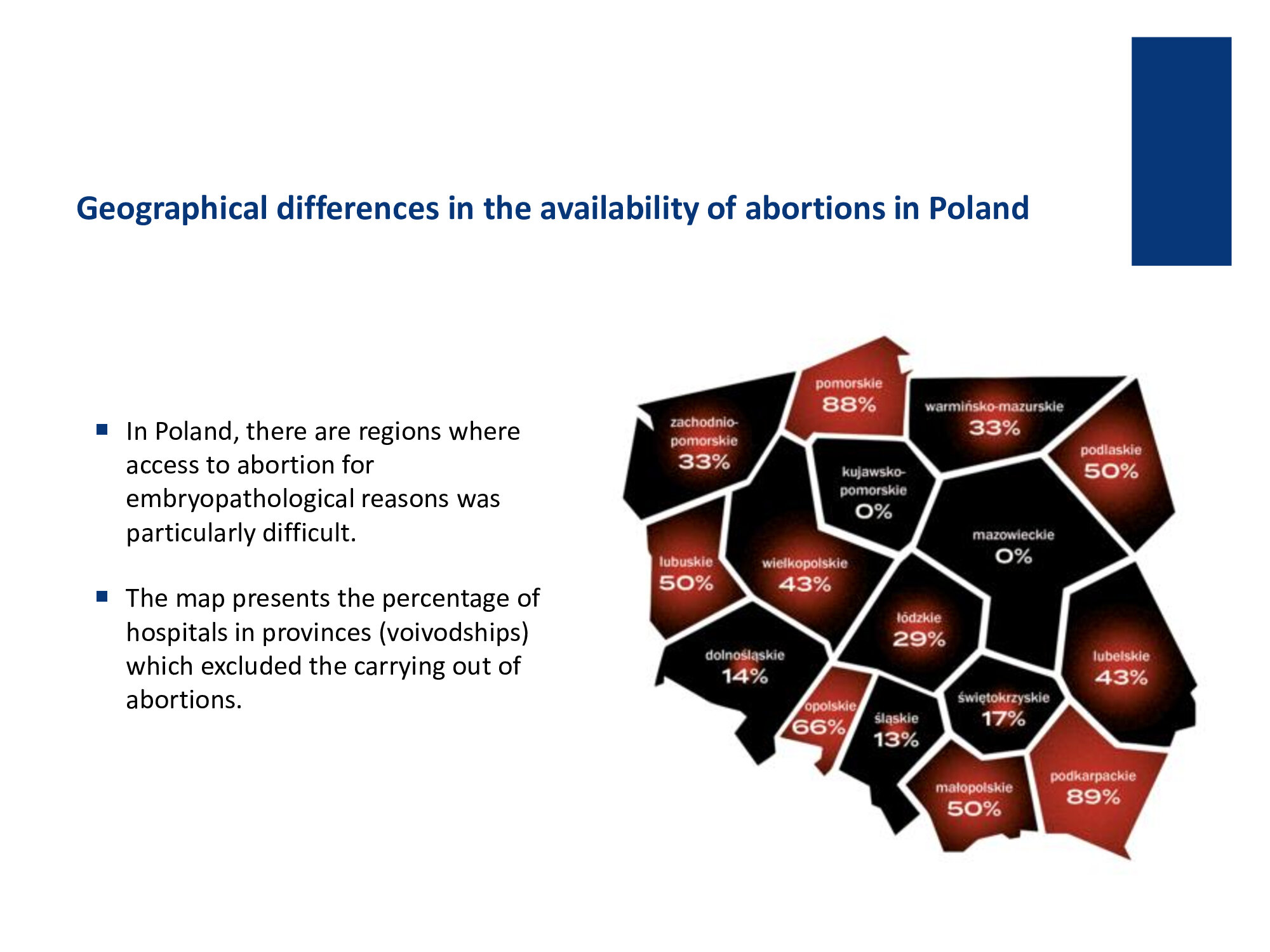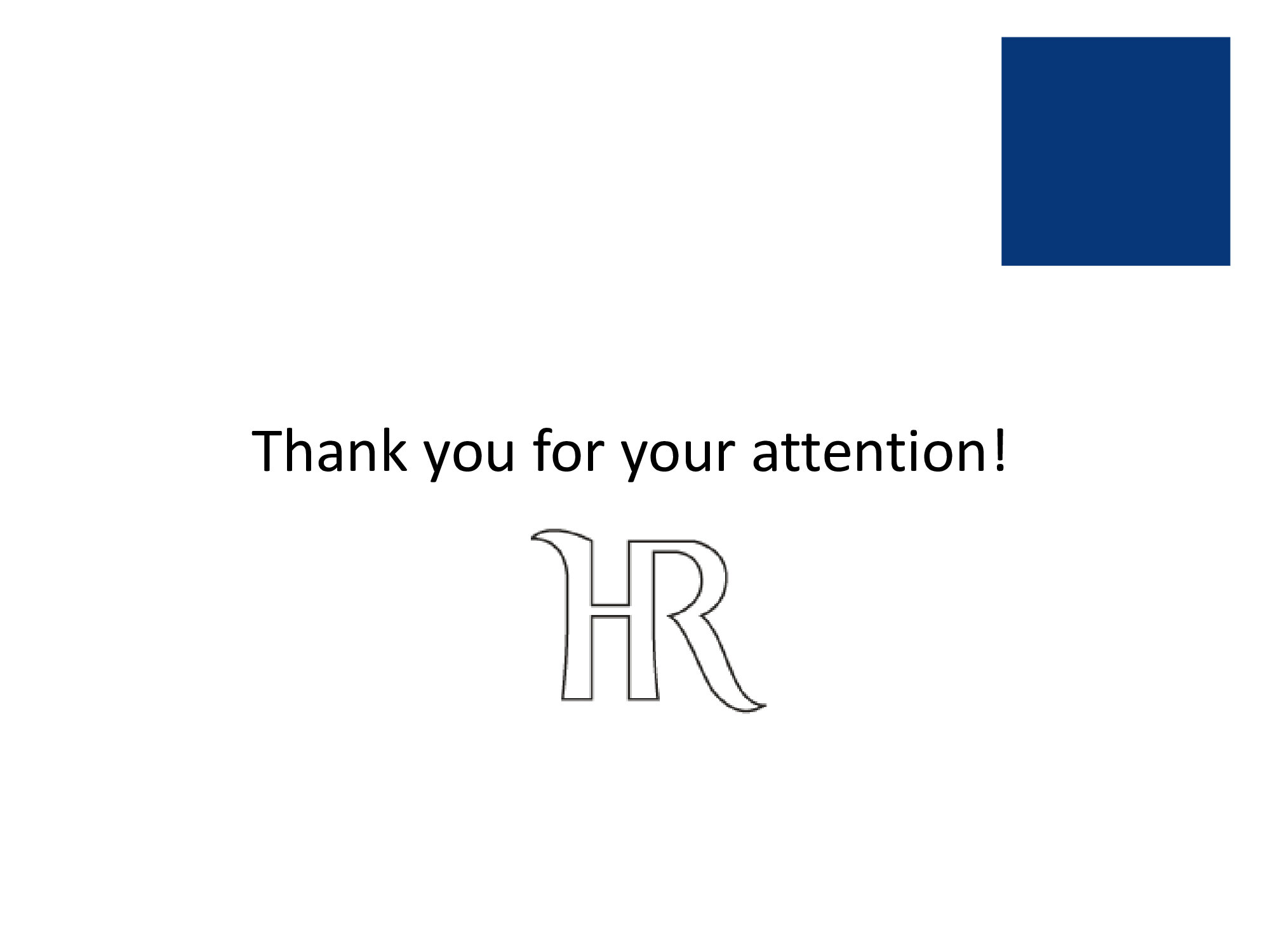New Project: Combatting violence against women and domestic violence by supporting the implementation of judgments of the European Court of Human Rights
/Violence against women and domestic violence (VAW/DV) constitute grave violations of human rights and are a form of discrimination. In June 2020, the UN warned of a "shadow pandemic" alongside COVID-19: a global rise in domestic violence. Increased levels of domestic violence have already been recorded in many European states.
Recent events have also highlighted the power of groups who oppose positive reforms on this issue: in particular, President Erdoğan’s announcement that Turkey would be withdrawing from Europe’s leading treaty on VAW/DV, the Istanbul Convention.
The implementation of judgments of the European Court of Human Rights have an invaluable role to play to highlighting ongoing problems with VAW/DV - and in promoting much-needed change.
Judgments of the Strasbourg Court identify widespread and systemic failures of authorities in states to combat and prevent VAW/DV. These findings are made by an international institution that has a high level of authority. They also initiate an implementation procedure which requires the state to carry out necessary reforms. For example, in Lithuania fundamental reforms were made to the police and prosecution services, after a librarian who had been attacked by her partner won a case at the European Court of Human Rights.
At the time of writing, there are ECtHR judgments pending implementation on this topic concerning Croatia, Hungary, Italy, Moldova, Romania, Russia, Turkey and Ukraine. These states have a total population of over 375 million, meaning that reforms in them have the capacity to prevent or diminish the violence experienced by tens or hundreds of thousands of victims.
However, reforms are only ensured if the Council of Europe’s judgment implementation process functions effectively. There is always a risk that the ECtHR judgment implementation monitoring process can be closed, without effective reforms having taken place. For example, the government of Moldova requested that monitoring of the country’s leading case on violence against women should be closed - although local rights groups believed that effective reforms were yet to take place. A Moldovan NGO, the Women’s Law Centre, helped avoid premature closure of the implementation process by providing vital information to the Council of Europe, showing how the problem persisted and that further reforms were required. Following this, the Council of Europe’s Committee of Ministers kept the implementation monitoring process open, and requested information to show progress on the key issues raised by the WLC.
This demonstrates how important it is that local organisations specialising in violence against women are able to contribute to the ECtHR implementation monitoring process. However, the process is often hard to engage with for organisations that have no experience of it.
With the generous support of the Government of Luxembourg, EIN is starting a new project to open up the ECtHR implementation monitoring process to organisations that know the most about VAW/DV at the natinal level - the specialist organisations doing daily work to protect victims. EIN will aim to provide comprehensive support to local NGOs that specialise in this area, to ensure that they can effectively contribute to the ECtHR implementation monitoring system, in every country where there is an ECtHR judgment concerning domestic violence pending implementation.
The activities for this project will include:
Engaging specialist organisations who are not currently familiar with the monitoring process in countries where there are cases pending implementation.
Providing bespoke advice, resources, and support in liaising with the Council of Europe, and assistance with drafting written submissions.
Organising an online event to share lessons-learnt and best practices across organisations from different states.
Delivering briefings on cases concerning violence against women to delegates of the Committee of Ministers.
We thank Luxembourg’s Ministry of Foreign and European Affairs for their support, without which we would not be able to make this project happen.









